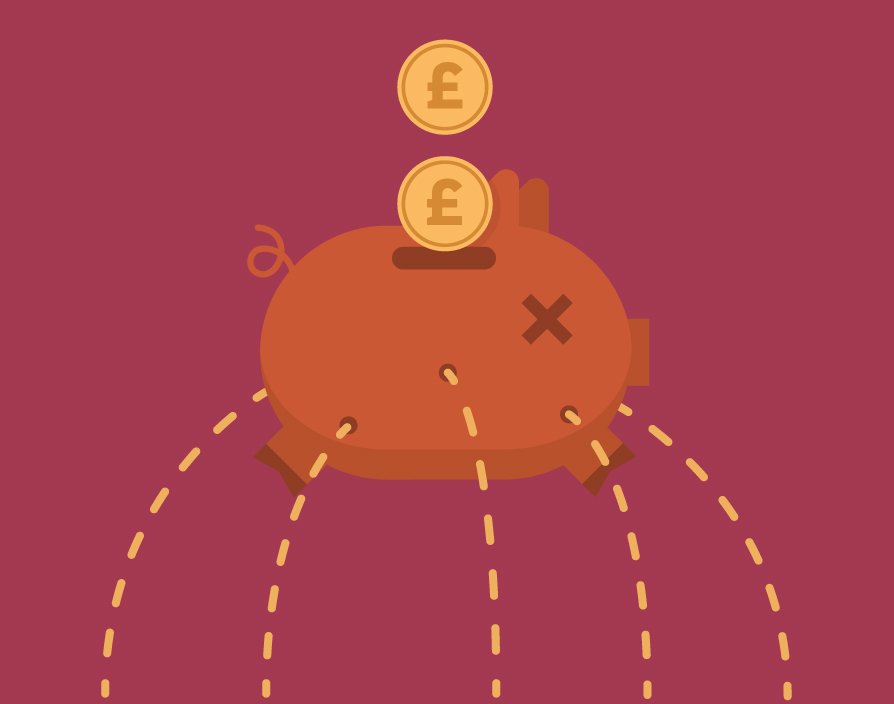According to the Bible: “Blessed are the poor for theirs is the Kingdom of Heaven”. True enough. But while we wait it shouldn’t cost more to be impoverished. Many of our best minds have figured out how to become billionaires while connecting the world via tech startups like Facebook, Google, Amazon and Apple. Certainly there must be some budding tech geniuses motivated to address a problem that is almost biblical in its persistence and destructive possibilities.
As the Grenfell tragedy confirmed, being poor can mean the difference between life and death. When you’re poor, people take your interests less seriously. Your voice is muted. You are a liability or – in the best-case scenario – an asset to be exploited. You might even be expected to pay more for basic services than wealthier people. Indeed, recent research from the University of Bristol shows that low-income people spend an average of £490 more per household on basic services than their wealthier peers. This is called the “poverty premium”.
By way of example, people on lower incomes – around 20% of the country – are often locked into expensive fixed-energy meters, so they can’t change their energy providers, even though higher-income consumers may shop around and pay less for comparable amounts of energy. Similarly, people with lower incomes, fewer assets and a less stellar credit rating are seen as bigger credit risks, which means that they must pay more for credit cards, overdrafts and general access to finance, even though they might need the credit to pay for basic services. Left with little choice, they subsequently might have to rely on higher-interest payday or doorstep loans. A final example is that people with limited access to the internet might miss out on options that some of us take for granted, like price comparison websites and access to disruptive startups that offer better service at cheaper prices.
Enough is enough. The time has come for the entrepreneurial class to devote more of its brainpower and other resources to solving seemingly intractable social problems. If we can figure out how to get cheaper taxi rides across the globe and how to get a US president addicted to Twitter, why can’t we figure out how to improve the lives of some of society’s least fortunate? If we really wanted to do it, the poverty premium could be eradicated within our lifetime.
At Wayra UK, we have experience working with brilliant founders obsessed with solving big social problems and funding for social-impact entrepreneurs continues to grow. We recently launched Wayra Fair by Design with Big Society Capital, the Joseph Rowntree Foundation, Ascension Ventures, and Finance Birmingham to invest in and accelerate companies trying to decimate the poverty premium. It will be based at our facility in Oldham, which is the most deprived town in England, and will offer approximately £70,000 in cash and services to up to seven companies. The Fair by Design Fund, which has raised £8m but expects to have raised £20m by the time the programme ends, is a key backer.
The first Wayra Fair by Design cohort will start later this autumn, with the call for applications set to close on October 9, so we’re now actively scouting ambitious entrepreneurs – the misfits, rebels and crazy ones, as Steve Jobs famously called them. The Kingdom of Heaven might still await the poor but these crazy entrepreneurs will need to work like hell to make the poverty premium a thing of the past. As Jobs reminded us: “[W]hile some may see them as the crazy ones, we see genius. Because the people who are crazy enough to think they can change the world are the ones who do.” ![]()
Share via:








































